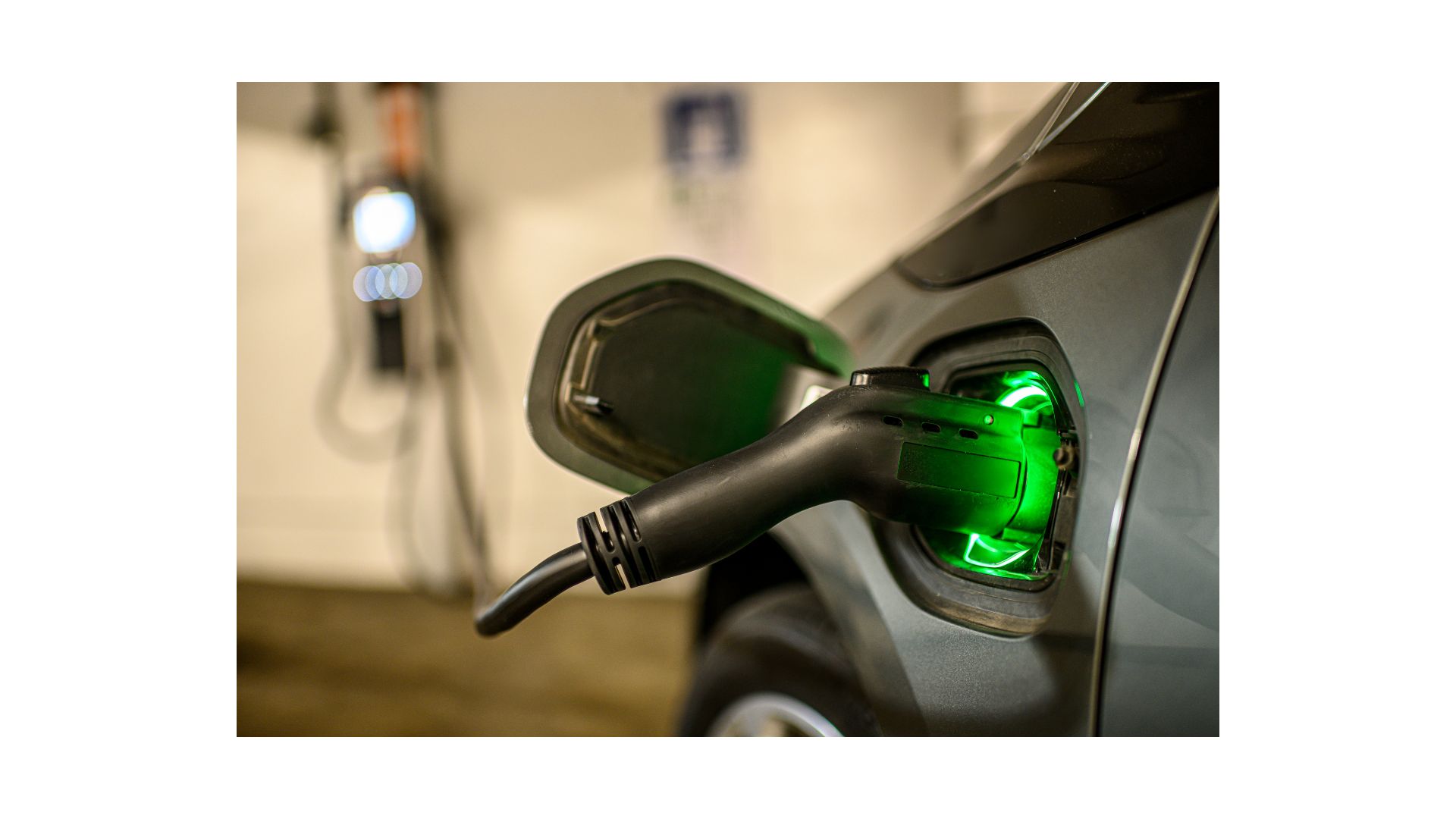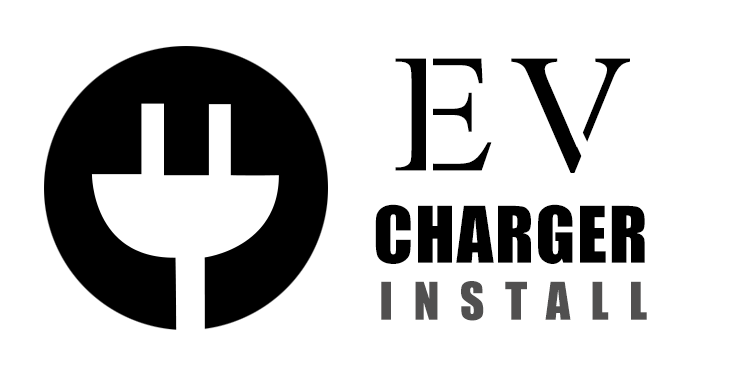
As electric vehicles (EVs) continue to gain traction, many homeowners are considering the financial implications of switching to electric. One of the most significant advantages of owning an EV is the cost savings associated with charging at home compared to traditional gasoline vehicles. In this blog, we’ll explore how much you can save by charging your EV at home, including the breakdown of costs, potential savings, and factors that influence these savings.
Understanding the Basics of EV Charging Costs
1. Electricity Rates
The cost of charging your EV primarily depends on your local electricity rates. Electricity prices vary significantly across regions and can fluctuate based on factors such as time of use, demand, and the source of electricity. On average, U.S. residential electricity rates range from $0.10 to $0.30 per kilowatt-hour (kWh).
2. EV Energy Consumption
Different EV models have varying energy efficiencies, typically measured in miles per kWh. For instance, if your EV consumes 4 miles per kWh and you drive 1,000 miles a month, you would need 250 kWh to cover that distance. Knowing your vehicle’s efficiency can help you estimate your charging costs.
Calculating Charging Costs at Home
To understand your potential savings, let’s break down the charging costs associated with home charging:
- Determine Your EV’s Efficiency:
- Example: Your EV gets 4 miles per kWh.
- Calculate Monthly Mileage:
- Example: You drive 1,000 miles per month.
- Calculate Monthly kWh Usage:
Monthly kWh=Monthly MileageMiles per kWh=1,000 miles4 miles/kWh=250 kWh\text{Monthly kWh} = \frac{\text{Monthly Mileage}}{\text{Miles per kWh}} = \frac{1,000 \text{ miles}}{4 \text{ miles/kWh}} = 250 \text{ kWh}Monthly kWh=Miles per kWhMonthly Mileage=4 miles/kWh1,000 miles=250 kWh - Estimate Monthly Charging Cost:
- If your local electricity rate is $0.15 per kWh:
- Monthly Cost=250 kWh×0.15=$37.50\text{Monthly Cost} = 250 \text{ kWh} \times 0.15 = \$37.50Monthly Cost=250 kWh×0.15=$37.50
Comparison with Gasoline Costs
To put this in perspective, let’s compare it with the cost of fueling a gasoline vehicle:
- Gasoline Vehicle Efficiency:
- Assume a gasoline car gets 25 miles per gallon (mpg).
- Calculate Monthly Gasoline Usage:
Monthly Gallons=1,000 miles25 mpg=40 gallons\text{Monthly Gallons} = \frac{1,000 \text{ miles}}{25 \text{ mpg}} = 40 \text{ gallons}Monthly Gallons=25 mpg1,000 miles=40 gallons - Estimate Monthly Gasoline Cost:
- If gasoline costs $3.50 per gallon:
- Monthly Gas Cost=40 gallons×3.50=$140\text{Monthly Gas Cost} = 40 \text{ gallons} \times 3.50 = \$140Monthly Gas Cost=40 gallons×3.50=$140
Monthly Savings Calculation
By charging your EV at home, your estimated monthly savings compared to a gasoline vehicle would be:
Monthly Savings=Gas Cost−Electric Cost=140−37.50=$102.50\text{Monthly Savings} = \text{Gas Cost} – \text{Electric Cost} = 140 – 37.50 = \$102.50Monthly Savings=Gas Cost−Electric Cost=140−37.50=$102.50
Additional Factors Influencing Savings
1. Time-of-Use (TOU) Rates
Many utility companies offer time-of-use pricing plans, which provide lower rates during off-peak hours. By scheduling your EV charging during these times, you can save even more. For example, if your rate drops to $0.10 per kWh at night, your monthly charging cost could decrease significantly:
New Monthly Cost=250 kWh×0.10=$25\text{New Monthly Cost} = 250 \text{ kWh} \times 0.10 = \$25New Monthly Cost=250 kWh×0.10=$25
This would increase your monthly savings to:
New Monthly Savings=140−25=$115\text{New Monthly Savings} = 140 – 25 = \$115New Monthly Savings=140−25=$115
2. Incentives and Rebates
Many states and local governments offer incentives for installing home EV chargers or purchasing electric vehicles. These can include tax credits, rebates, and grants that can help offset the initial costs of EV ownership. These incentives can lead to long-term savings, enhancing the overall financial viability of switching to an EV.
3. Charging Efficiency
The efficiency of your home charging setup can also impact costs. Using a Level 2 charger, which is faster and more efficient than standard outlets, can reduce charging times and optimize energy usage. This efficiency can translate to cost savings over time, particularly for those who drive longer distances.
4. Maintenance Costs
Electric vehicles typically have lower maintenance costs compared to gasoline vehicles. With fewer moving parts and no oil changes required, the savings in maintenance can further enhance the financial benefits of owning an EV. For many drivers, this can add up to significant savings over the life of the vehicle.
Long-Term Financial Considerations
1. Total Cost of Ownership (TCO)
When evaluating the savings from charging your EV at home, it’s essential to consider the total cost of ownership. This includes not only fuel costs but also maintenance, insurance, and depreciation. Electric vehicles often have a higher upfront cost, but the long-term savings in fuel and maintenance can make them more economical over time.
2. Resale Value
As electric vehicles become increasingly popular, their resale values are expected to rise. Investing in an EV today may yield substantial returns when it comes time to sell or trade it in. The presence of a home EV charger can also enhance your property’s appeal to potential buyers.
Conclusion
Charging your electric vehicle at home can lead to significant savings compared to traditional gasoline vehicles. With lower fuel costs, potential incentives, and reduced maintenance expenses, the financial benefits of owning an EV are substantial. Additionally, by adopting time-of-use charging strategies and optimizing your energy consumption, you can maximize your savings even further.
As the demand for sustainable living grows, transitioning to an electric vehicle and taking advantage of home charging solutions is not just an environmentally responsible choice—it’s also a smart financial move. The journey toward sustainable transportation and reduced carbon footprints starts at home, and the savings from charging your EV can be a powerful motivator to make the switch today.
